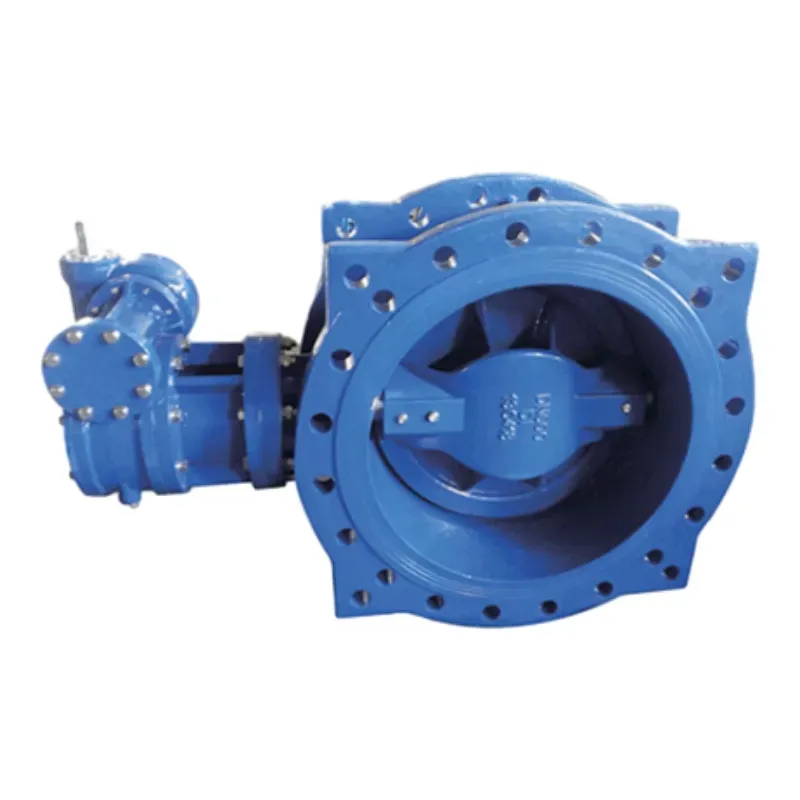10 月 . 16, 2024 07:57 Back to list
Durable Ductile Iron Ball Valve for Reliable Fluid Control and Long-lasting Performance
Understanding Ductile Iron Ball Valves A Comprehensive Guide
Ductile iron ball valves are critical components in various industrial applications, renowned for their durability, reliability, and versatility. Made from ductile iron—a type of cast iron that has been alloyed with small amounts of magnesium to improve its ductility—these valves serve as vital control devices in systems that transport liquids and gases under high pressure.
Composition and Properties
Ductile iron, also known as spheroidal graphite iron, possesses a unique microstructure that provides it with exceptional tensile strength and toughness. This remarkable property makes it a preferable choice for ball valve construction, particularly when the operating environment involves extreme conditions. The inherent resistance to corrosion and wear also makes ductile iron ball valves suitable for a wide range of fluids, including water, oil, and chemicals.
These valves are engineered to handle pressures that can often exceed 300 psi, making them ideal for both high-pressure and high-temperature applications. Additionally, the ductility of the material means that the valves can endure mechanical stresses without cracking, ensuring a longer lifespan and reduced maintenance costs.
Functionality and Design
The design of ductile iron ball valves includes a spherical disc (the ball) that rotates within the valve body. When the ball is rotated 90 degrees, it either allows flow through the valve or stops it completely, offering a straightforward mechanism for flow control. The simplicity of the design contributes to low friction loss, which is a significant advantage in piping systems.
These valves can be utilized in various configurations, including two-piece, three-piece, or flanged designs, catering to different installation needs. The versatility extends to the size options available, which can range from small (1 inch) to large (over 12 inches) valves, providing solutions for both residential and industrial systems.
Applications
ductile iron ball valve

Ductile iron ball valves are utilized across a wide spectrum of applications. In water treatment facilities, they manage the flow of water and help to regulate pressure. In oil and gas applications, they control the movement of hydrocarbons, ensuring safe and efficient transport through pipelines. Furthermore, these valves can be found in HVAC systems, chemical processing plants, and power generation facilities, underscoring their widespread importance in industrial operations.
The reliability of ductile iron ball valves ensures that they can withstand harsh environmental conditions, making them well-suited for outdoor installations, such as in utilities or municipal infrastructure. Moreover, their resistance to thermal stress further enhances their performance in environments with significant temperature fluctuations.
Advantages
One of the primary advantages of ductile iron ball valves is their ability to maintain a tight seal, preventing leakage—a critical factor in many industrial processes. This feature not only enhances operational efficiency but also contributes to safety by minimizing the risk of hazardous material spills.
Another significant benefit is their ease of operation. The straightforward quarter-turn movement of the valve allows for quick and efficient opening and closing, which is particularly advantageous in emergency situations where prompt action is necessary.
Moreover, ductile iron ball valves typically come with a range of coatings and finishes that provide additional protection against environmental damage and corrosion, thus prolonging their service life and maintaining their functionality over time.
Conclusion
In conclusion, ductile iron ball valves are indispensable components in modern industrial applications due to their exceptional strength, durability, and versatility. Their reliable performance in various demanding environments makes them a go-to choice for engineers and operators alike. As industries continue to evolve, the role of ductile iron ball valves in optimizing flow control and enhancing system efficiency remains crucial. Understanding their properties, functionalities, and applications can significantly contribute to better decision-making in system design and maintenance, ultimately leading to improved operational success.
Share
-
Understanding the Differences Between Wafer Type Butterfly Valve and Lugged Butterfly ValveNewsOct.25,2024
-
The Efficiency of Wafer Type Butterfly Valve and Lugged Butterfly ValveNewsOct.25,2024
-
The Ultimate Guide to Industrial Swing Check Valve: Performance, Installation, and MaintenanceNewsOct.25,2024
-
Superior Performance with Industrial Swing Check Valve: The Essential Valve for Any SystemNewsOct.25,2024
-
Industrial Swing Check Valve: The Ideal Solution for Flow ControlNewsOct.25,2024
-
You Need to Know About Industrial Swing Check Valve: Functionality, Scope, and PerformanceNewsOct.25,2024